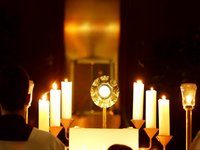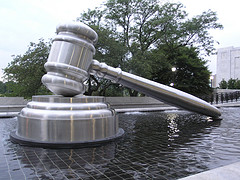I came across this article the other day on the Drudge Report about how Americans are becoming less religious. It read:
“The share of U.S. adults who say they believe in God, while still high compared with other advanced industrial countries, slipped to 89 percent in 2014 from 92 percent in 2007, according to the Pew Research Center’s Religious Landscape Study. The percentage of Americans who pray every day, attend religious services regularly and consider religion important in their lives are down by small, but statistically significant measures, the survey found.”
Other headlines also found on Drudge:
- Fatal rush-hour shooting near Penn Station
- ZombiCon shooting leaves one dead
- COPS: Thief stole operating room table from hospital!
- CITY OF HATE: Breast-feeding mom mugged in Manhattan park…
- COPS: Man killed for grabbing last piece of chicken at dinner
Anyone else making a connection here? I’m not saying that correlation equals causation and that a loss of religion directly contributes to a raise in tragedies. After all, the world has never really been a pleasant place. However, I don’t know about you but I feel like the world is really falling apart at an accelerated pace. I’m not just talking about large world powers colliding in global conflicts either. I’m thinking more on a micro scale to individuals. People seem to be much angrier and unhappy. Everyone seems to fly into a blind rage at the slightest offense or inconvenience. Or people are retreating into their own little worlds where they just don’t give much thought about their actions and who they may affect. And this isn’t just me observing this. Studies are showing a rise in death rates among middle aged, white Americans due to suicide and substance abuse.
While the decline in religion may not have a direct causation to the world’s problems, I bet that a return to religion would help alleviate some of them. In these dark times we need to pray for those who do not practice their faith whether it be Catholic, Protestant, Jewish, Buddhist, etc. Or we need to pray for those who have twisted their faith into something that it is not. We do live in dark times globally, but for many, individually as well. And so we can look at Jesus’ example in the Sorrowful Mysteries of the rosary for how we can approach these dark hours.
First Sorrowful Mystery: The Agony in the Garden
When the world or our individual lives feel like it’s in a downward spiral, we need to follow Jesus’ example and turn to God in earnest prayer like he did in the Garden of Gethsemane. We ask God for the strength to endure whatever is ahead. Keep in mind that Jesus was still arrested and crucified despite his prayers. Those prayers didn’t result in God removing hardship but helped Jesus find strength. Maybe he found comfort and courage talking to God in prayer, like a child holding a parent’s hand when they are scared or upset. And so we can also find comfort talking to God in prayer in a world hostile to hearing and living the truth.
Second Sorrowful Mystery: The Scourging at the Pillar
When I think of all the anger and misery in the world, I wonder how much of it is self inflicted because people have turned away from their faith. How many people find themselves unhappy for reasons they can’t explain because they stopping listening to the source of truth for true happiness, Jesus Christ? We pray for those who suffer because they have turned away from their faith. May they find that practicing their faith can provide the answer to their unhappiness and suffering.
Third Sorrowful Mystery: The Crowning of Thorns
The Roman soldiers mocked Jesus because they did not understand him or his teachings. And so we find ourselves in a world that mocks Jesus and his truth because they do not know him. Fewer people are taking the time to know Jesus through living their faith and turn to practices that dishonor him such as premarital sex, pornography, substance abuse, lying, cheating, stealing, cursing, and greed (to name a very small few). We pray for a realization of the effects our actions have on others and a conversion of heart to Jesus’ truth.
Fourth Sorrowful Mystery: The Carrying of the Cross
How hard must it have been for Jesus to carry his cross among a crowd of people, many who supported him and many who had turned against him. As we journey through this world, let’s not be discouraged by those who are mean to us, attack our values, or wish us harm. Rather, may we find strength in those who want us to keep fighting the good fight, get up when we fall, and continue living our faith. While it may seem like the Church is beaten down and her critics are winning, so did it seem like the Romans and pharisees had their victory the many times Jesus fell under his cross. But we all know that in the end, Jesus found strength in his weakness and those who tried to hurt him ultimately failed.
Fifth Sorrowful Mystery: The Crucifixion
So many people stood before Jesus at the cross mocking him. Today, so many people stand in front of his Church and mock her by living contrary to the truth. But when the centurion, a Roman, at the cross witnessed Jesus’ death, he exclaimed, “Truly this was the Son of God!” Jesus, at his death and supposed victory of the pharisees over him, showed a glimmer of the victory that was yet to come by converting the heart of an unbeliever. And so we hope that through our tireless example of living for Jesus we too can turn even the most hardened skeptics into believers.

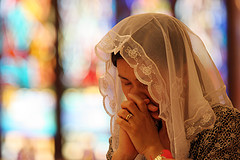


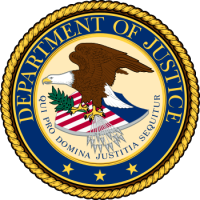
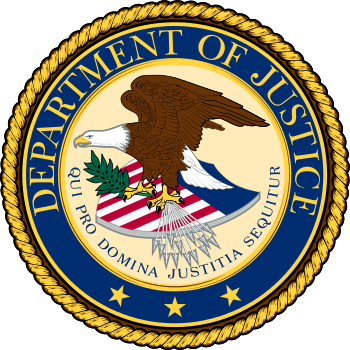


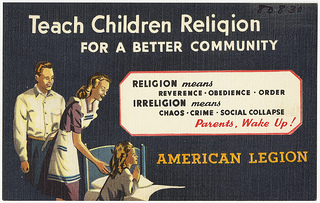











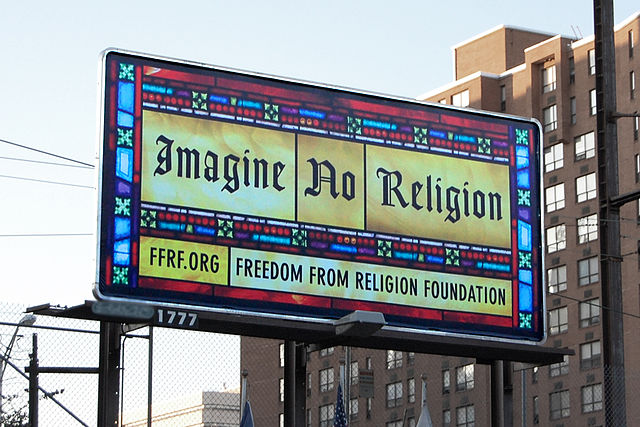
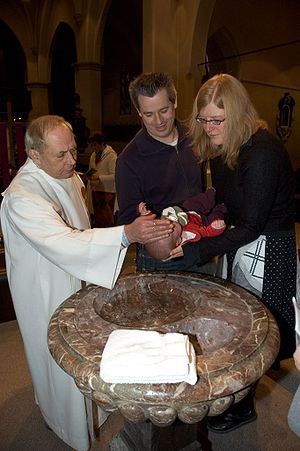

 I could not find any updates or fixes for my noisy fan problem on my computer manufacturer’s website. However, I did find a similar update file elsewhere and installed it despite all the warnings on the manufacturer’s website saying I should only use the updates they provide. I thought I knew better. I thought the update file I found would work just fine and all the warnings were for people with much less computer experience. But as I quickly discovered when I turned my computer into an expensive paper weight, there’s a reason why the manufacturer’s website had those warnings. I would have saved myself a lot of grief by heeding the manufacturer’s advice.
I could not find any updates or fixes for my noisy fan problem on my computer manufacturer’s website. However, I did find a similar update file elsewhere and installed it despite all the warnings on the manufacturer’s website saying I should only use the updates they provide. I thought I knew better. I thought the update file I found would work just fine and all the warnings were for people with much less computer experience. But as I quickly discovered when I turned my computer into an expensive paper weight, there’s a reason why the manufacturer’s website had those warnings. I would have saved myself a lot of grief by heeding the manufacturer’s advice.




